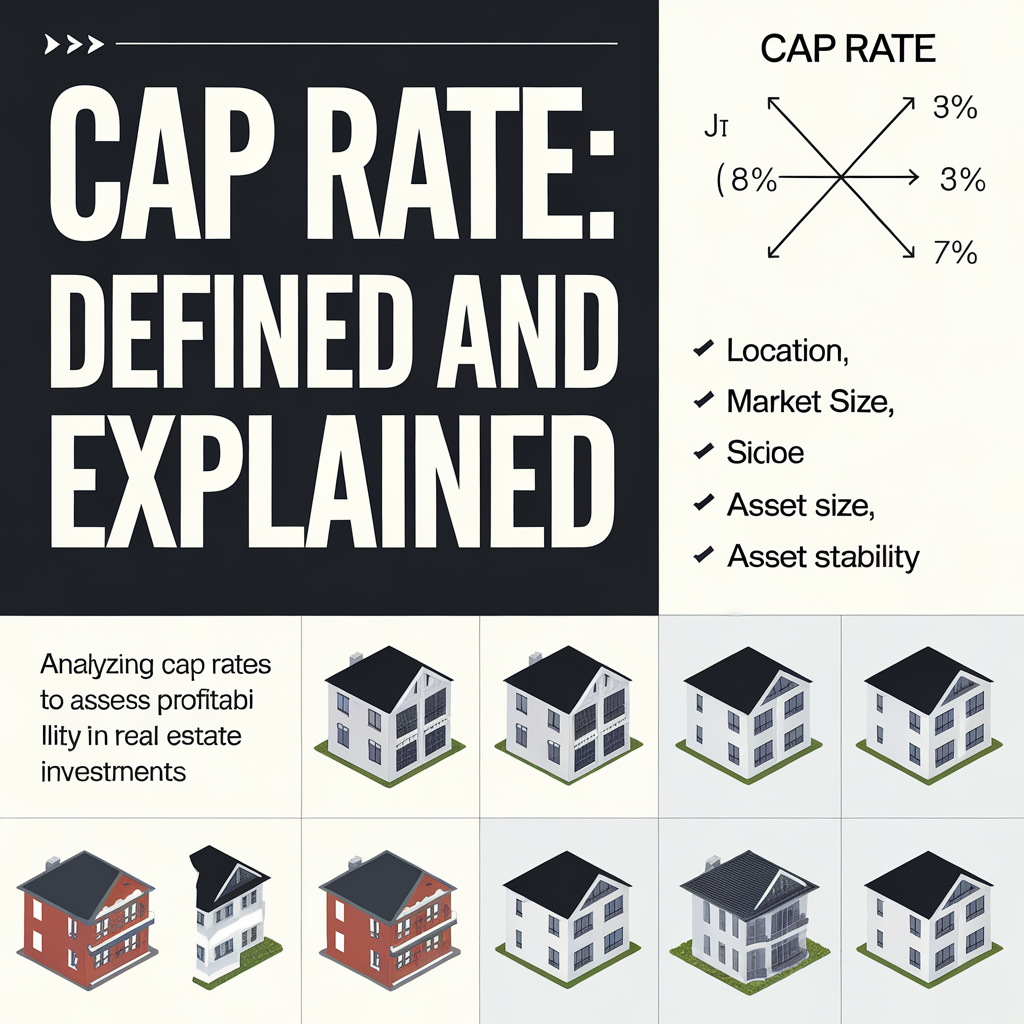Understanding Tax Rules for Online Marketplace Sales
Millions of people have sold items on platforms like eBay, Etsy, Poshmark, StockX, and Facebook Marketplace. If you’re one of them, you might be wondering whether you need to report these sales on your tax return. The answer is yes, but the specifics can be a bit complicated. Let’s break down what you need to know about reporting online sales to the IRS and how to handle your taxes effectively.
Tax Rules for Online Marketplace Sales
The rules for reporting online sales vary depending on how frequently you sell and whether you intend to make a profit. Here are the four typical types of online sales:
One-Off Sales
If you sell an item for less than what you paid for it, such as a $500 blender sold for $50 on Facebook Marketplace, these sales are generally not taxable. These are considered nondeductible losses by the IRS. You can’t deduct the loss, but you also don’t have to pay taxes on it.
Hobby Sales
If you sell items occasionally as a hobby, the income is subject to income tax but not self-employment tax. For example, selling a painting every few years for a few hundred or thousand dollars falls into this category. However, you can’t deduct hobby-related expenses to offset your income through 2025.
Collectibles and Investments
If you buy and sell items for profit but don’t run a full-fledged business, you should report any capital gains on Schedule D of your tax return. If you owned the item for less than a year, you’ll pay regular income tax on the gain. If you owned it for more than a year, you’ll pay capital gains taxes, which are typically lower than your personal tax rate. You can use capital losses to offset your gains when you sell an investment for less than you paid.
Online Business
If you sell items regularly online, either as a standalone business or as part of a larger operation, your online sales must be reported as sales on your business tax return or on Schedule C of your personal tax return. You’ll pay regular income taxes on your profits, but you can deduct your business expenses and business losses if you don’t turn a profit. Additionally, you must pay self-employment taxes on your business income.
What Is a 1099-K?
Payment service entities (PSEs), including online marketplaces like Etsy, Facebook Marketplace, and StubHub, report online transactions to the IRS using Form 1099-K. This form shows the total dollar amount of your online transactions for the year. Through 2022, PSEs were only required to issue 1099-Ks when total transaction volume reached $20,000 or 200 transactions. Starting in 2023, the threshold changes to $600, meaning many more online sellers will receive 1099-K forms going forward.
You should report your taxable online sales to the IRS, regardless of whether a 1099-K is issued. When the IRS receives a 1099-K, they can see how much you transacted, giving you an added incentive to report your sales accurately.
It’s important to note that Form 1099-K is intended to track business transactions. If you use apps like Venmo and Cashapp to send and receive money between friends and family, those transactions are personal and aren’t included as business transactions unless you use a designated business account to make them.
How to Report Online Marketplace Sales on Your Taxes
How you report online sales on your taxes will depend on the type and amount of sales, and the nature of your business:
- Business owners should include 1099-K sales in their revenue calculations. If you have an existing business, you may already be including these sales in your regular accounting.
- Hobby sellers should report their sales on Schedule 1, Form 1040, line 21 of your personal income tax return. For more information on taxable sales from a hobby, see IRS tips for hobbyists.
- Occasional sellers, including investors, report their sales using Schedule D and Form 8949 on their personal tax return. Use these forms to report your income and show a profit or loss.
The Bottom Line
Although the rules surrounding 1099-Ks are not changing in time for the 2022 tax year, the $600 reporting threshold that begins in 2023 could have many taxpayers wondering what their tax obligation is at tax time. If in doubt, you may want to consult a tax professional. They can help you decide how to report your information about your online marketplace sales correctly and avoid additional scrutiny from the IRS.
At O1ne Mortgage, we understand that managing your finances can be complex, especially when it comes to taxes and online sales. If you have any questions or need assistance with your mortgage needs, don’t hesitate to call us at 213-732-3074. Our team of experts is here to help you navigate the financial landscape and achieve your goals.







